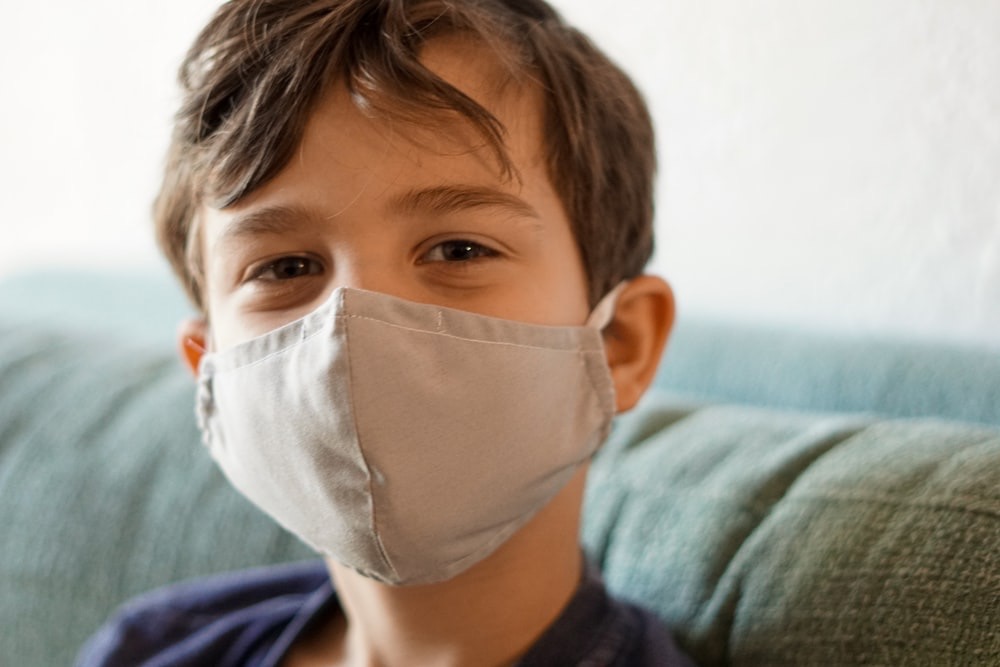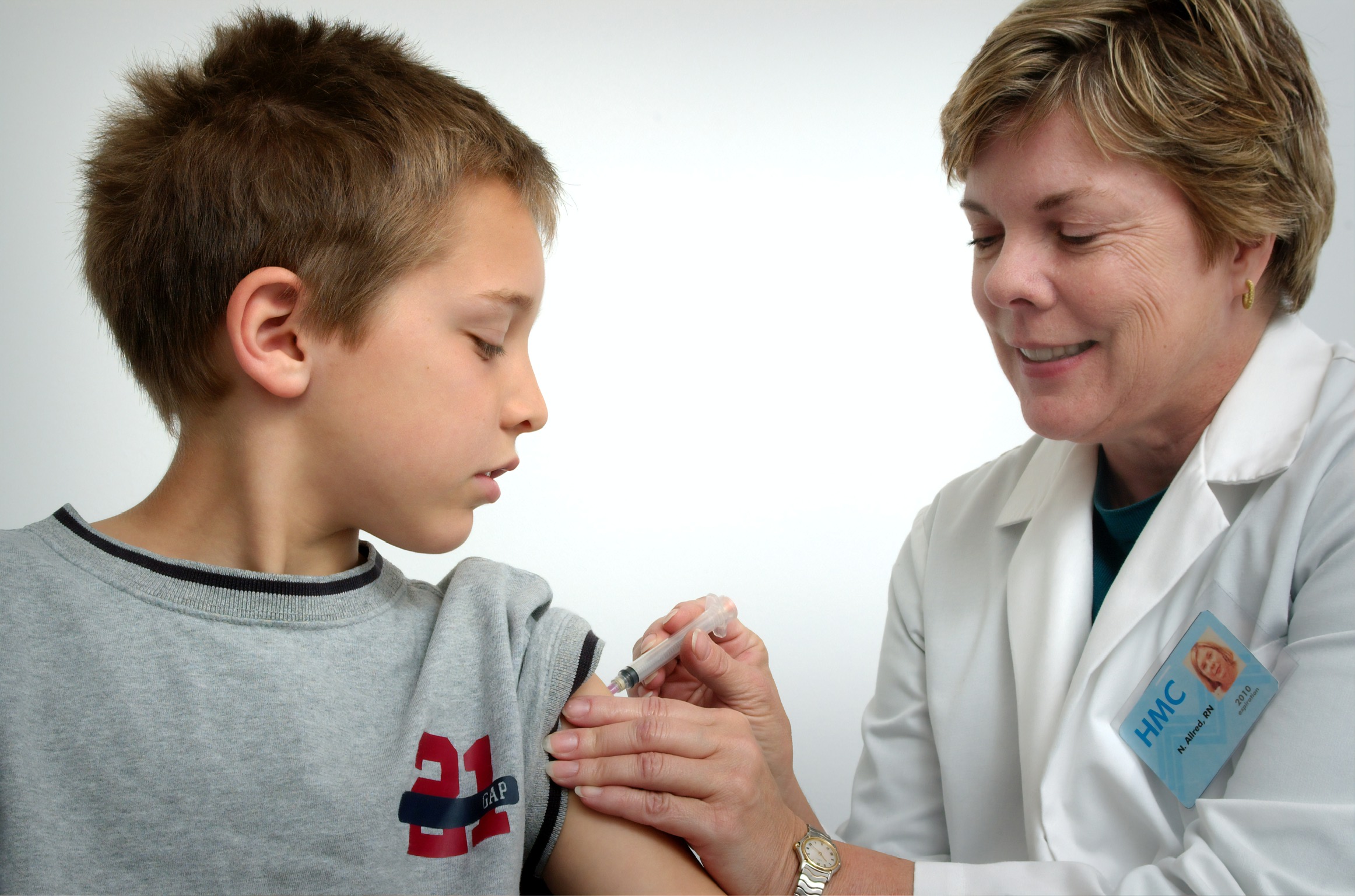By Sadia Choudhury
The Coronavirus continues to aggressively infiltrate human populations. Many people have been affected, but vaccines were finally produced to protect thousands of people against the virus. This vaccine is now accessible for children aged 5 to 11.
The child-approved vaccination was initially given out on November 3rd, although it wasn’t fully available until November 8th. It’s natural to doubt the vaccine’s efficacy, even though it has been demonstrated to be 90.7% effective in avoiding COVID-19 symptoms after the second dosage. Before considering whether or not to give the vaccine to a child under 12 or even younger, parents became concerned about any potential adverse effects. Thus far, possible side effects include rare allergic reactions, muscle soreness at the injection site, headaches, and fevers. Below are some common questions that parents have asked and researchers/scientists have responded to, that may give us all a better knowledge of the pediatric version of this medicine.
How is the children’s vaccine different from the adult version?
The amount of messenger RNA, or mRNA, in each shot, as well as the buffer in vaccine formulations (which is the solution that maintains the proper pH levels) are the most significant differences. Phosphate saline solution is used in the adult vaccination, but Pfizer chose Tris (tromethamine) in the children’s version due to the vaccine’s increased stability [and both of these buffers have been found to be safe].
How effective is the vaccine?
The two doses were 90.7% effective after a week and averted symptomatic covid-19 in children 5-11, implying that vaccinated children are 90 percent less likely to become ill than uninfected children.
How safe is the vaccine?
It was tested on around 3,100 youngsters and found to be safe. The most prevalent side effects, including discomfort, redness, and swelling at the injection site, were also seen in the adult vaccine. These adverse effects, however, are minor and disappear within a day or two.
Do experts recommend that all children receive this vaccine?
All children aged 5 and up should get vaccinated—according to various medical experts, the CDC, and the American Academy of Pediatrics—unless they have a medical reason not to, such as an allergy to a vaccine ingredient. Parents should consult their doctors or pediatricians to see if their child is a good candidate for vaccination. They should discuss the potential adverse effects and what to expect after each dose.
What comes next?
As early as the end of 2021 or early 2022, Pfizer aims to test lower than 3 microgram dosages in two different age groups of younger children. The first group will contain children between 2 to 5 years old, while the second test group will comprise subjects from 6 months to 2 years old.
Researchers are still discovering new things about the corona virus that can hopefully help us. As of right now, however, the best we can do to fight against this outbreak is keep listening to our doctors, and keep wearing our masks.
Reference Link: https://www.factcheck.org/2021/11/scicheck-a-guide-to-pfizer-biontechs-pediatric-covid-19-vaccine-for-kids-5-11/

